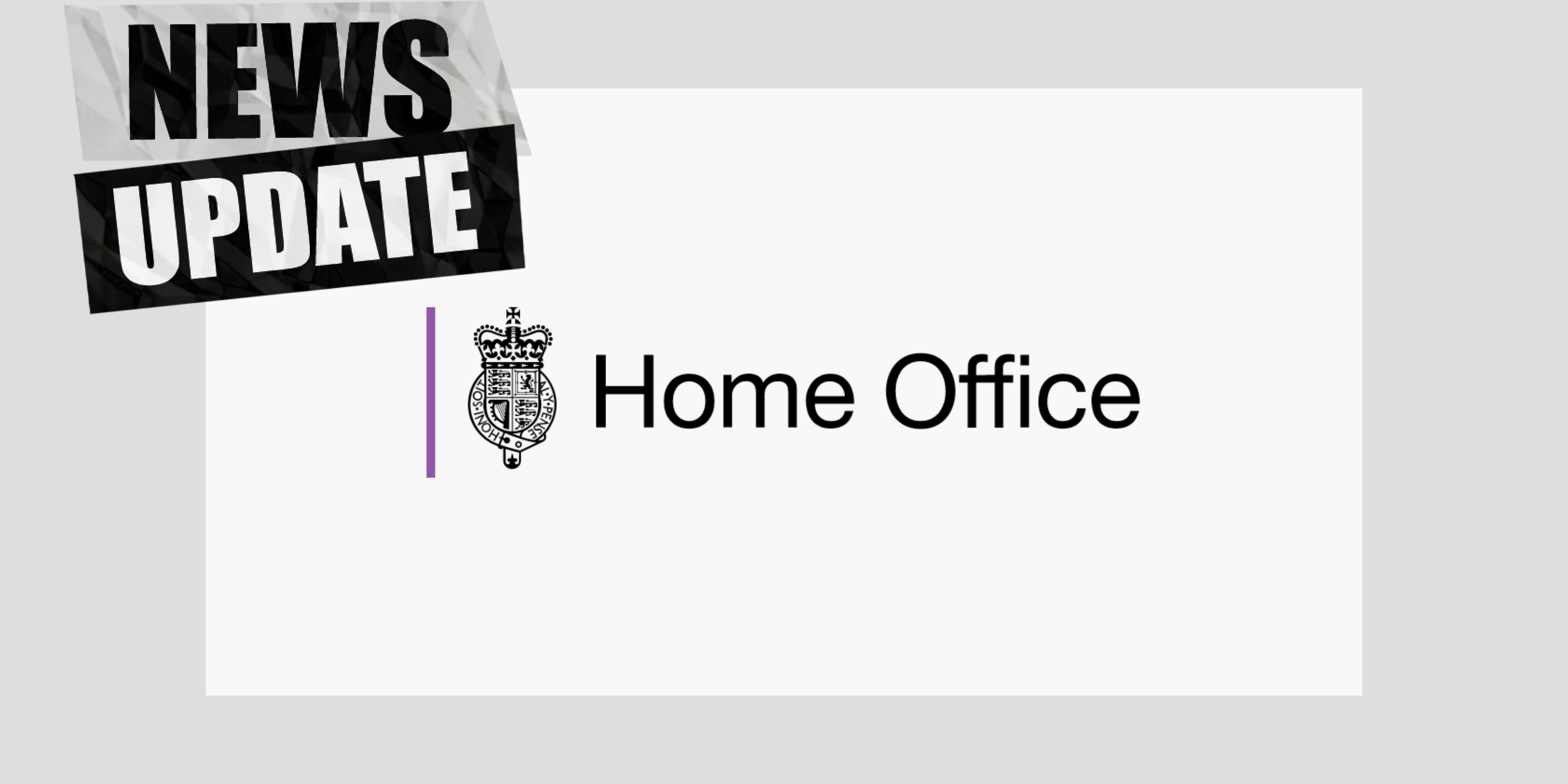By Dr Tom Fryer (@TomFryer4) Lecturer in Education at the University of Manchester, Professor Steven Jones (@StevenJones_MCR), Professor of Education at the University of Manchester, and Dr Bowen Zhang (@charlzhang1996), Lecturer in Education at Durham University.
Our recent paper found that university guidance regarding the UCAS personal statement lacks transparency.
Our evidence suggests:
- Most universities do not provide course-specific information about UCAS personal statements, despite research suggesting that the importance of the statement varies between different courses.
- There is a mismatch between how universities claim they use the UCAS personal statement on their websites and how they actually use it in practice.
- Most universities say little or nothing about how the personal statement is incorporated into admissions processes and the specific competencies that it is used to assess.
This research is timely because, in the 2025-26 application cycle, the UCAS personal statement will be reformed from a long-form free-response essay to three short questions. All universities will need to update their public-facing guidance, which presents them with an opportunity to address the transparency issues found in our study.
Our paper hopes to support universities in re-designing their public-facing guidance in two main ways.
First, we have developed a tool that can be used to assess the transparency of a university’s personal statement guidance. This tool covers three key aspects of UCAS personal statement guidance:
1) how the personal statement is incorporated into admissions processes,
2) what is assessed, and
3) what information, advice and guidance is provided. Within our tool, each of these three aspects is divided into particular features and assessed on a Red/Amber/Green rating.
This tool is available for download here. We hope this provides university staff with a way to reflect on the transparency of existing information, as well as the opportunities to enhance transparency within their updated guidance.
The second way our paper seeks to support university staff is by sharing concrete examples of best practices about UCAS personal statement guidance. As an illustration, we commend the University of Oxford for clear guidance that addresses applicants’ misunderstanding of the advice to ‘stand out from the crowd’:
Students sometimes feel that they need to say something dramatic to stand out from the crowd and be really memorable in their personal statement but this is not true. Applying to Oxford is not like a talent show where you may only have a few seconds to make an impression. Tutors consider each application carefully on its individual merits, looking for evidence of your commitment and ability. If you use your personal statement to demonstrate your academic abilities and your engagement with your subject(s), then your application will be memorable for all the right reasons.
We believe that greater transparency in personal statement guidance is essential for UCAS’s reform to widen participation and address inequalities. A fair university admissions system must be open and honest about the nature of its processes and assessments. Universities should seize this opportunity to design a fairer and more transparent system, demystifying the process and helping to level the playing field for all applicants.



